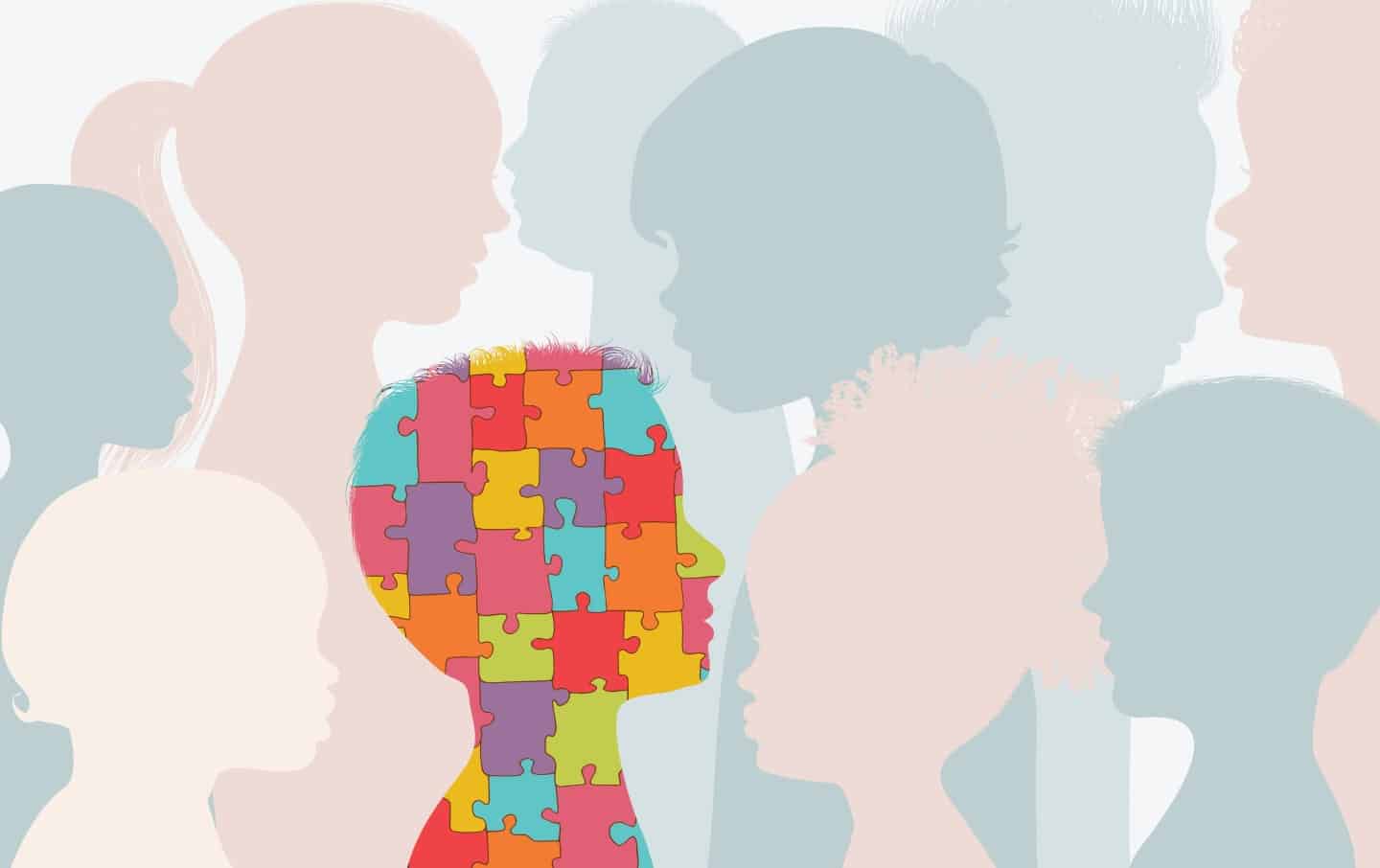
Spotting a brain injury in your child
Brain injuries in children can happen in a number of circumstances. The signs and symptoms can often be difficult to identify, particularly where the injury is subtle.
Some brain injuries can be considered almost invisible – children with subtle brain injuries may often present with behaviours and developmental issues that can be tough for parents to distinguish from a child’s normal development, especially when they are young. If your child does have a brain injury, then spotting this early could be helpful because it will allow you to access specialist treatment, therapy and educational support for your child, which will help them to flourish and achieve the best possible outcome.
What causes brain injuries in children?
Acquired brain injuries are injuries to the brain that have occurred since birth. They can broadly be split into two categories:
- Traumatic brain injuries – acquired as a result of physical trauma, such as an impact to the head.
- Non-traumatic brain injuries – acquired through illness, oxygen deprivation around the time of birth and other conditions.
There are a wide range of possible causes that can lead to children acquiring a brain injury. This list is not intended to be exhaustive, but it may be helpful to keep an eye on your child’s development if they experience any of the following events:
Physical Trauma
Traumatic brain injuries (“TBIs”) will usually arise in scenarios where your child has suffered a physical trauma to their brain, so typically a direct physical impact to their head. Examples are being hit by a car in a road traffic accident, a heavy object falling on or being thrown at the child’s head, or a collision between the child’s head and another object or person. TBIs are much more prevalent in the general population than other neurodevelopmental disorders, with a reported prevalence rate of 24 to 31.6% in young people.
Oxygen Deprivation at Birth
Sometimes during birth, a child becomes deprived of oxygen in a process called hypoxia. This will mean the child has spent some time with little to no oxygen intake. A lack of oxygen to the brain can cause brain damage. Whilst a child can survive up to 10 minutes of hypoxia, after this time, the risk of acquiring brain damage escalates. This means the longer your child is deprived of oxygen, the greater the risk of brain damage. Around 1000 new-born babies lose their life or become permanently disabled after brain injuries from oxygen deprivation, so it is important that medical professionals identify hypoxia at the earliest possible stage. Some of the physical symptoms caused by hypoxia can be mitigated by therapeutic cooling, but there may still nonetheless be other, more subtle symptoms remaining.
Maternal Infections
Babies can also develop a brain injury from infections developed during pregnancy. Infections can increase a mother’s risk of sepsis and a child’s risk of injury to the brain. Intrauterine infections for example, occur in 1 to 4% of full-term deliveries and 40 to 70% of premature births and can lead to a child developing brain damage within the womb. Medical professionals should spot the symptoms of maternal infections as soon as possible, to ensure treatment is swift and its impact is limited.
What are your child’s symptoms?
A subtle brain injury can manifest itself in a number of ways in a child. Some of these symptoms are more subtle than others, so it is important to keep an eye out for any of these mentioned below.
Physical symptoms
The most noticeable and easily identifiable symptoms of an acquired brain injury are those that manifest themselves physically. In babies and very young infants, this may express itself in significant mobility problems, feeding and breathing problems, and seizure activity. There may also be excessive crying and nausea. In children of an older age, symptoms like persistent headaches and fatigue can indicate the presence of an injury to the brain. While none of these symptoms in isolation necessarily indicate the certainty of a brain injury, if you are concerned, insist on an appointment with a paediatrician.
Subtle Symptoms
However, if your child has an acquired brain injury, their symptoms may not necessarily express themselves in an obvious physical way.
Delayed Development
One way in which an acquired brain injury may manifest itself, is in a delayed physical development. This may be difficult to identify at first and will only become more apparent as your child grows and progresses through their developmental milestones. For instance, if after 18 months your child still struggles walk without assistance, it may be an indication that their physical development is delayed. It is always important to compare your child’s progress against child development milestones and contact a paediatrician if you are concerned that these are not being met.
Memory
Memory problems may also arise in children with subtle brain injuries. It is normal for a young child to forget things from time to time, but if you are concerned about a persistent forgetfulness, then it may be worth raising the issue with a doctor.
Sensory processing issues
If your child is sensitive to sensory stimuli, for example, particular noises, tastes and smells, this could be another indicator of a subtle brain injury.
Difficulties processing information
As your child grows older, intellectual and educational challenges may become more noticeable. This will be especially true once your child begins school. Acquired brain injuries can affect a child’s processing speed for example, which will manifest itself in a few ways. As previously mentioned, speech and language development may be affected. The Child Brain Injury Trust for instance states that children with a brain injury before or around 3 to 4 years of age may have issues in coping with sentences with complex grammatical structures. Children who have acquired a brain injury at around 10 years of age may have issues with abstract thought and reasoning.
More subtly your child may write very slowly, or frequently ask for things to be repeated. They may struggle to attend lessons, follow instructions and finish their school work. These are issues not easily monitored by parents, so it will be important to talk with your child’s teachers if you are concerned about their development.
Behaviour
Brain injuries in children can have a profound impact on their behaviour and relationships. It is not rare for such injuries to present through rapid mood changes, as well as intense emotional reactivity. It can be difficult to discern these behaviours from the normal changes in mood experienced in young children, but it is important to keep an eye on these behavioural issues as they arise.
If your child has suffered a traumatic brain injury, you may notice a marked change in their personality. These changes cannot always be easy to put into words, but a persistent feeling that your child is ‘different’ now is not uncommon. An example of new behaviours to consider includes a new sense of impaired social judgement, in which they may act inappropriately in public in a way they never did before. This may include uncontrolled verbalisation, in which your child speaks the first thing that comes to mind with no thought or care for others’ feelings.
Relationships
A subtle brain injury may also create changes in your child’s personal relationships. You may notice friendships that existed before the injury begin to end and socialisation with other children becomes more infrequent. They may get into more fights at school or stop attending events they had previously frequented.
Your child may also display less empathy towards others and how they feel, which will make it more difficult for them to maintain relationships in the long run. They may appear disinterested and struggle to follow conversations with others. You may see these effect relationships with family members and siblings especially.
What to do if you suspect your child has a brain injury
It is important to seek advice as soon as you suspect your child may have an acquired brain injury.
Your GP will be able to refer you to your local Child Development Clinic for an initial assessment by paediatrician and possibly a paediatric neurologist. Establishing the existence of a brain injury can assist you in securing support to help your child, such as an Education and Health Care Plan, should they require additional support at school to flourish.
If you believe your child’s brain injury to be the fault of someone else, then it may be in your child’s best interest to contact a specialist child brain injury solicitor. At Bolt Burdon Kemp, we have a specialist Child Brain Injury team. While we cannot undo the damage done, we can work with you to try to secure the compensation your child deserves, to help ensure that they have all the resources they need to meet their lifelong needs and to flourish.








